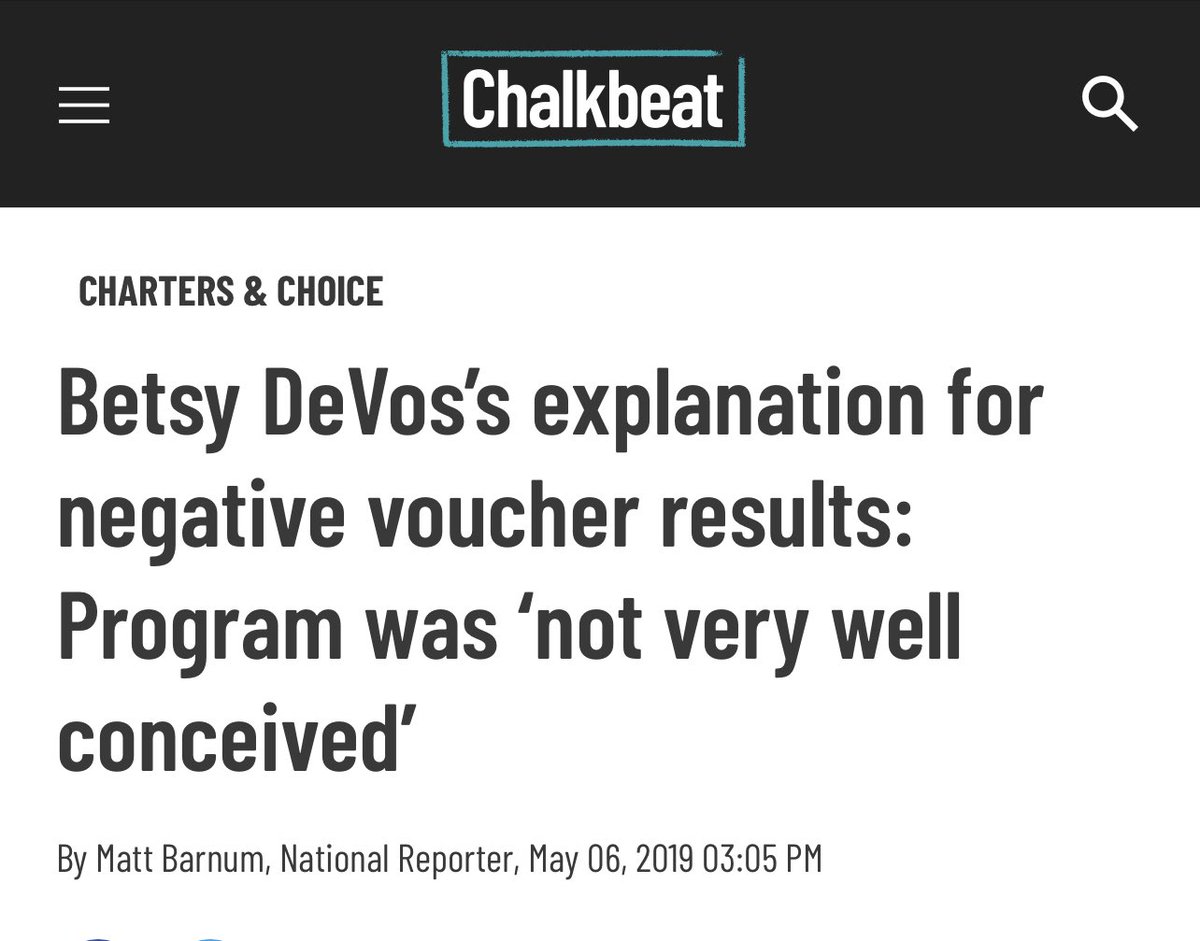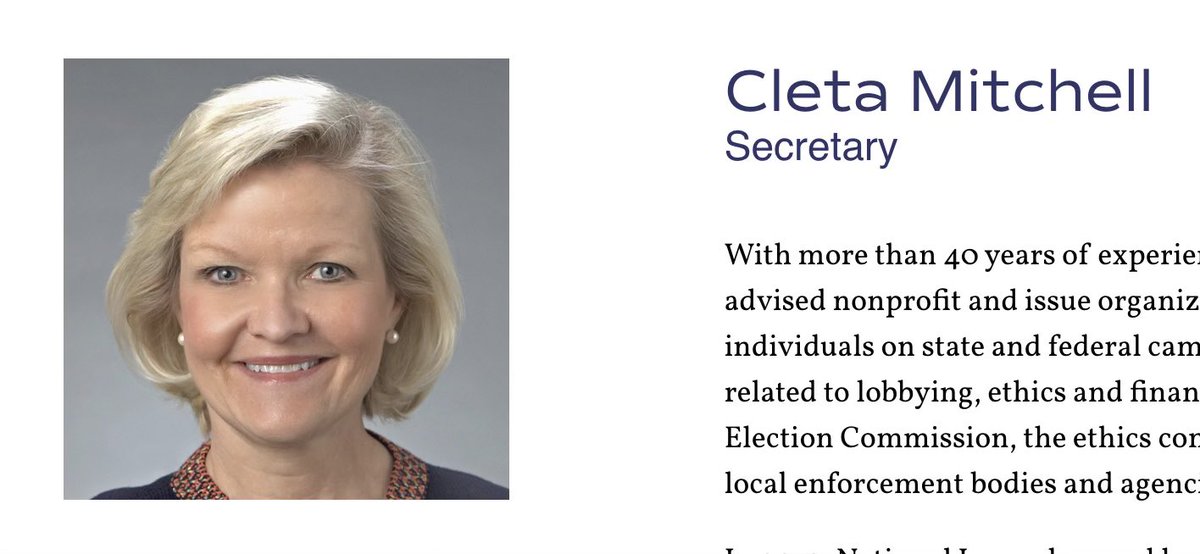The folks I mention here are already pushing back on this piece @DianeRavitch so in lieu of direct social media battles I’m going to just “reply all” with a new point:
Let’s talk “peer review.” The #schoolvouchers crowd has made use of this fuzzy term for years.
1/
Let’s talk “peer review.” The #schoolvouchers crowd has made use of this fuzzy term for years.
1/
https://twitter.com/network4pubed/status/1597952839988518912
“Peer review” can mean a lot of things. For example this paper by Corey DeAngelis in something called the “Journal of Free Enterprise” is “peer reviewed.”
Sorry but that’s just not JPAM or AEJ: Policy or EEPA and anyone credible knows that. 🤦♂️
2/
Sorry but that’s just not JPAM or AEJ: Policy or EEPA and anyone credible knows that. 🤦♂️
2/

And a number of “peer reviewed” studies come from the working paper series at UArk that Jay Greene founded, which—at least when I reviewed for them years ago—paid $250-500 a pop.
3/
3/

“Peer-reviewed” to the #schoolvouchers crew is like the word “rigorous.” It’s a way to sell industry-funded research to policymakers and the press who don’t have time to dig into it.
I’m sure you can find “peer review” that says #covid19 vaccines don’t work too. Etc.
4/
I’m sure you can find “peer review” that says #covid19 vaccines don’t work too. Etc.
4/
And if you look at my list here (also linked on Diane’s site) *of course* there are some + #schoolvouchers studies. But these occurred largely 10+ years ago on small pilot programs.
My point in this post is it all comes from the same group. And me.
6/
dropbox.com/s/mraoem01grf7…
My point in this post is it all comes from the same group. And me.
6/
dropbox.com/s/mraoem01grf7…
So let’s talk about me. The voucher crowd still cites this PSJ study of mine from a decade ago that found tiny positive #schoolvouchers impacts on attainment.
I don’t deny nor denounce that. But it comes from the same ecosystem and would never been accepted today. Why?
7/
I don’t deny nor denounce that. But it comes from the same ecosystem and would never been accepted today. Why?
7/

Because we identified #schoolvouchers impacts on Milwaukee kids using a matched sample with no pre-treatment measures. Not just on outcomes—no pre-treatment covariates at all.
It was fine for 2013 and went through peer review but it would have been rejected today.
8/
It was fine for 2013 and went through peer review but it would have been rejected today.
8/
And btw the #schoolvouchers crowd including especially Corey still use this sub-par matched sample 17 years after it was created, to publish articles on de jour outcome variables like “character.” They do it because quality research isn’t the point.
9/
9/
The point of this activity is simply to flood the zone with studies to “up the count” and make it seem like studies are on balance positive for #schoolvouchers. They aren’t. It just seems that way because the same people are recycling data sets with new outcomes.
10/
10/
That’s why in my post on Diane’s site I pointed to affiliations not papers. Counting papers and reports is misleading. Count the people and institutions instead.
11/11
11/11
• • •
Missing some Tweet in this thread? You can try to
force a refresh











